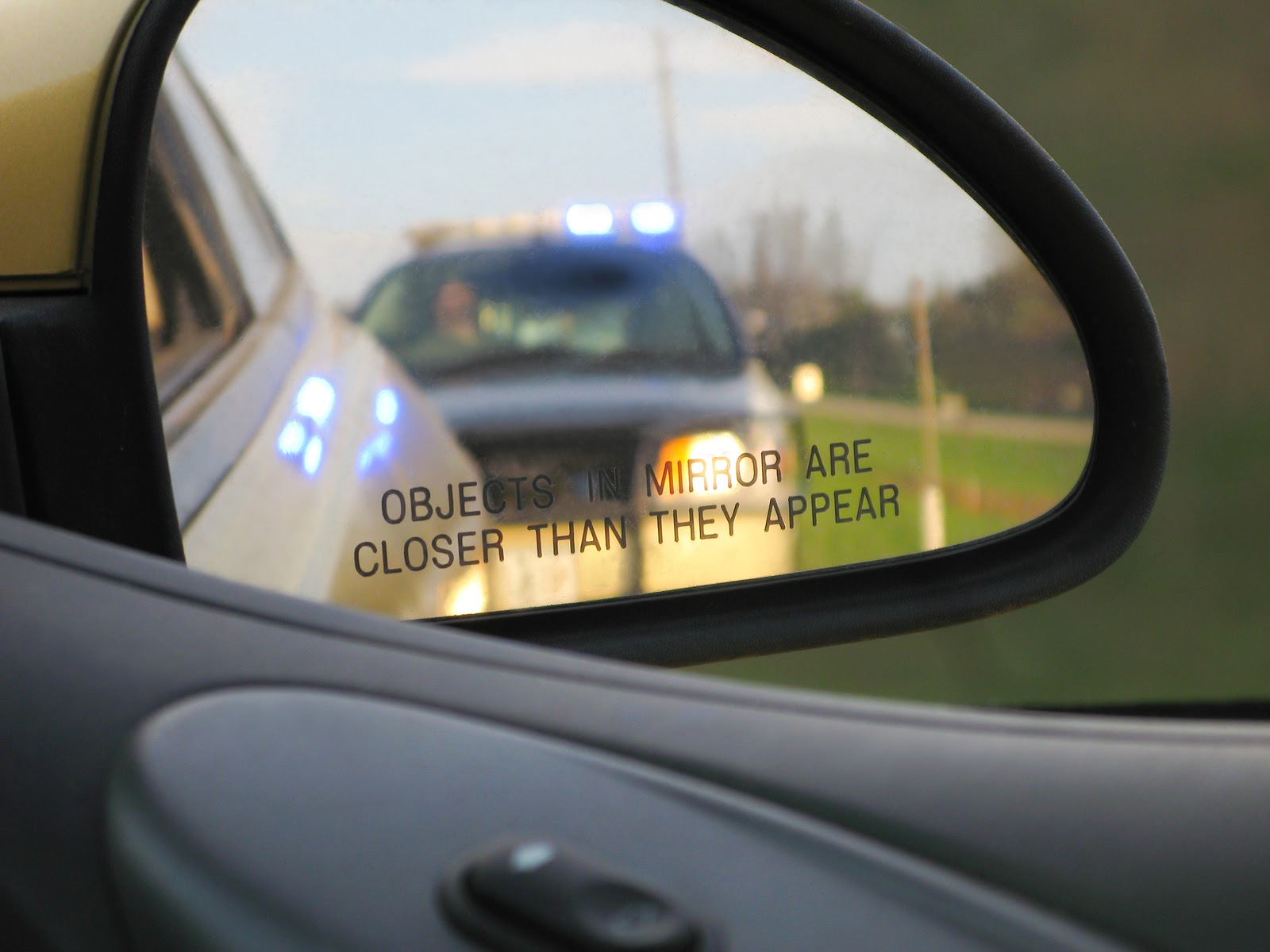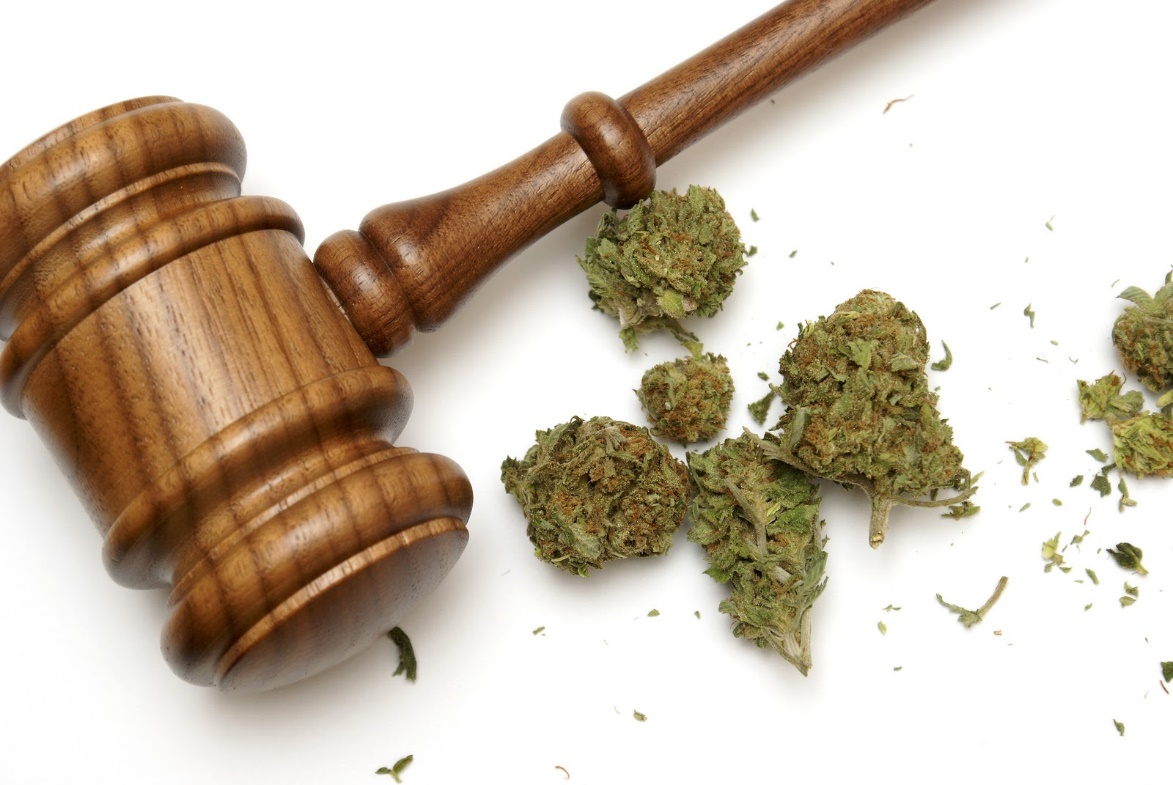Even though New Jersey may be making moves to legalize marijuana use and possession, it is still – and will continue to be – illegal to drive under the effects of marijuana. Even if marijuana becomes legal, it is still a drug – a “controlled substance” – and it is considered driving while intoxicated (DWI) to drive while high. If you or a loved one was charged with a marijuana DWI crime, talk to an Atlantic City drug DWI lawyer like those at The Law Offices of John J. Zarych.
DWI For Smoking Pot in New Jersey
New Jersey’s DWI statutes are very broad. While the language of “intoxication” may typically apply to alcohol, the same statute makes it a crime to drive while “intoxicated” by the effects of drugs as well. While you may call this “drugged driving” or “driving while high,” New Jersey’s DWI statute still applies.
This statute covers any drugs equally. Under N.J.S.A. § 39:4-50, New Jersey’s DWI statute, it is illegal to “[operate] a motor vehicle while under the influence of intoxicating liquor, narcotic, hallucinogenic or habit-producing drug.” These terms have specific meanings under NJ law, but do include marijuana. The statute expands this definition, saying, “As used in this section, the phrase ‘narcotic, hallucinogenic or habit-producing drug’ includes an inhalant or other substance containing a chemical capable of releasing any toxic vapors or fumes for the purpose of inducing a condition of intoxication.” Courts have repeatedly upheld marijuana DWI convictions under this statute.
A first time DWI for drugs is equivalent to the highest-tier alcohol DWI. This means that whether you were driving under the influence of drugs or alcohol with a BAC of .10%, you can face:
- A $300-$500 fine;
- Up to 30 days in jail;
- A 7-month to 1-year drivers’ license suspension;
- 12-48 hours of drivers’ education;
- Driver and drug screening and assessment;
- Standard fines and surcharges; and
- The potential of an ignition interlock or probation.

For repeat offenses, these penalties are increased. A second offense carried a fine of $500-$1,000, and a third or subsequent offense carries a flat $1,000 fine. In addition, the jail time goes up to a mandatory 2 days in jail for a second offense, and 180 days for a third. The license suspension also increases to a 2-year suspension for a second offense and 10-year suspension for a third.
How Police Prove Marijuana DWIs
When you are pulled over under suspicion of DWI, the investigation has already begun. Police typically pull over drunk or drugged drivers for other traffic offenses, such as failing to stop at a stop sign, speeding, or swerving out of their lane. In these cases, testimony about poor driving or coordination behind the wheel can be used as evidence that you were drunk or high. Police can also pull you over on suspicion of marijuana possession if they smell fresh or burnt marijuana coming from your car.
In addition, police will observe you and your actions, and collect information about your possible drug use. For instance, the following signs are often used as evidence that a driver was under the influence of drugs:
- Red or bloodshot eyes,
- Pinpoint pupils,
- Drug odor on their person or clothes,
- Burnt marijuana on their person,
- Slow movements,
- Slurred speech,
- Poor coordination,
- Slowed response time,
- Inability to understand the officer’s requests,
- Inability to retrieve license and registration, etc.
These and other signs help a police officer with the proper training and experience make a determination that the driver was under the influence of something. However, police statements are not enough. Police also draw your blood to test it for drugs. This requires a search warrant issued by a judge, and cannot be done without your consent or a valid, signed warrant.
A blood test is incredibly accurate to show that there are drugs in your system, but it is not automatically clear evidence. Blood tests are often performed by forensic labs that work for the government. This means their results may be inadvertently biased or scientifically skewed. Blood tests may also show evidence of previous use, not present drug influence. They may also be taken too long after the driver was on the road, which can leave time for the drugs to metabolize. When this happens, the driver’s blood at the time of the blood draw does not always accurately reflect the driver’s condition when they were driving.

Atlantic City DWI Defense Lawyer
The DWI attorneys at The Law Offices of John J. Zarych represent people charged with DWI in Galloway Township, Atlantic City, and throughout South Jersey. For a free consultation on your charges, contact our law offices today. Our Atlantic City criminal defense attorneys have decades of experience handling DWI defense cases, and may be able to help you, too. Our number is (609) 616-4956.







